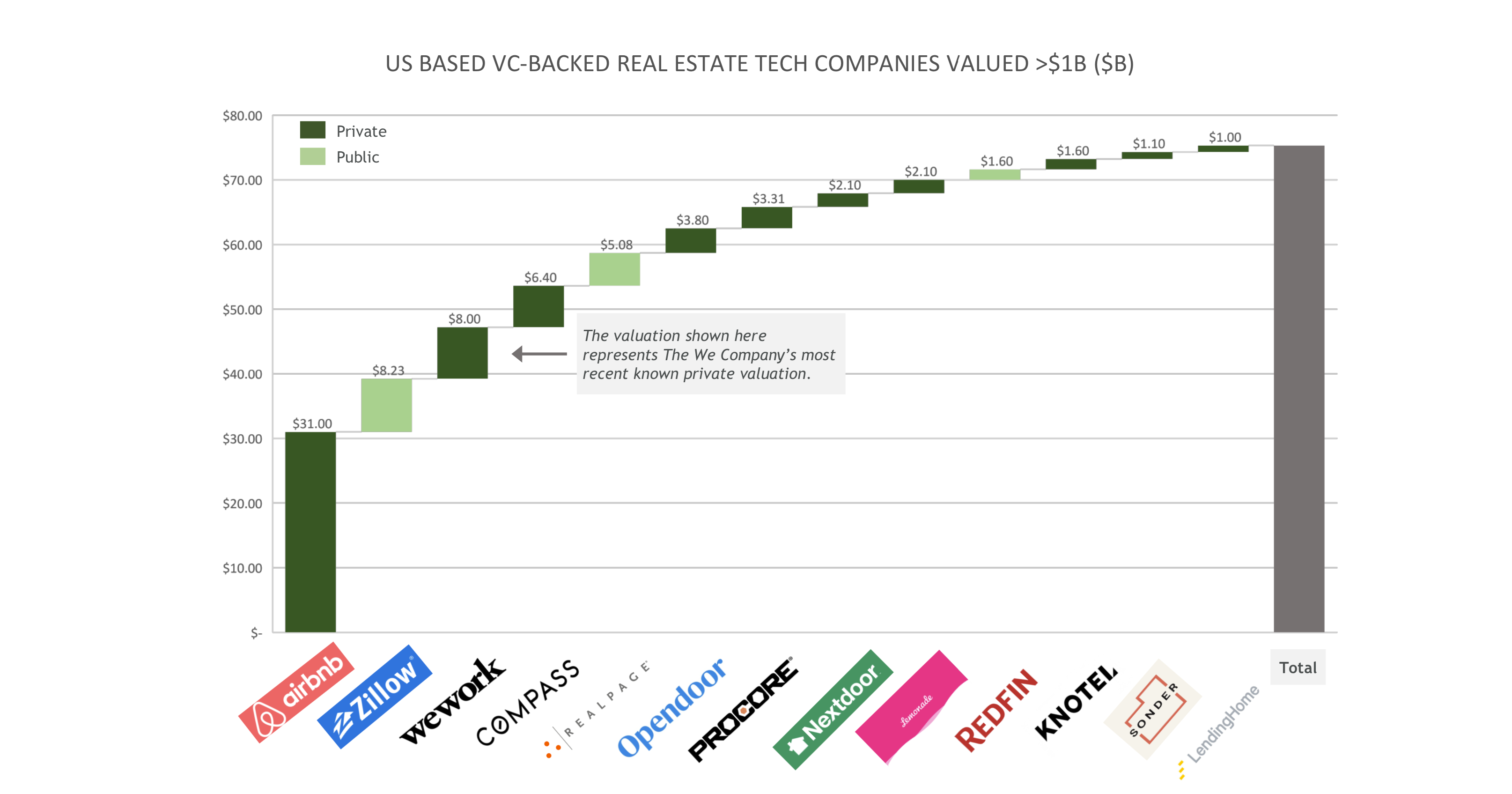Pandora has begun to test a new type of advertising format that allows listeners to respond to the ad by speaking aloud. In the new ads, listeners are prompted to say “yes” after the ad asks a question and a tone plays. The ads will then offer more information about the product or brand in question.
Debut advertisers testing the new format include Doritos, Ashley HomeStores, Unilever, Wendy’s, Turner Broadcasting, Comcast, and Nestle.
The ads begin by explaining what they are and how they’ll work. They then play a short and simple message followed by a question that listeners are supposed to respond to.
For example, the Wendy’s ad asks listeners if they’re hungry, and if they say “yes” the ad continues by offering a recommendation about what to eat. The DiGiorno’s pizza ad asks listeners to say “yes” to hear the punchline of a pizza-themed joke. The Ashely HomeStores ad engages listeners by offering tips on getting a better night’s sleep. And so on.
The new format capitalizes on Pandora’s underlying voice technology which also powers the app’s smart voice assistant, Voice Mode, launched earlier this year. While Voice Mode lets Pandora users control their music hands-free, the voice ads aim to get users to engage with the advertiser’s content hands-free, as opposed to tapping the on the screen or visiting a link to get more information.
The company believes these types of ads will be more meaningful as they force listeners to pay attention. For the brand advertisers, voice ads offer a way to more directly measure how many people an ad reached — something that’s not possible with traditional audio ads, which by their nature aren’t clickable.
Pandora announced its plans to test interactive voice ads back in April of this year, initially with San Francisco-based adtech company, Instreamatic. At the time, it said it would launch the new format into beta testing by Q4, as it now has.
The ad format arrives at a time when consumers have become more comfortable talking to digital voice assistants, like Siri, Alexa, and Google Assistant. There’s also an increased expectation that services we interact with will support voice commands — like when we’re speaking to Fire TV or Apple TV to find something to watch or asking Pandora or Spotify to play our favorite music.
But consumers’ appetite for interactive voice advertisements is still largely untested. Even Amazon limited voice ads on its Alexa platform for fear of alienating users who would find them disruptive to the core experience.
In Pandora’s case, however, users don’t have to play along. The company says if the user doesn’t respond within a couple of seconds or if they say no, the music resumes playback.
Pandora says the ads will begin running for a small subset of listeners using its app starting today.
Source: Tech Crunch







